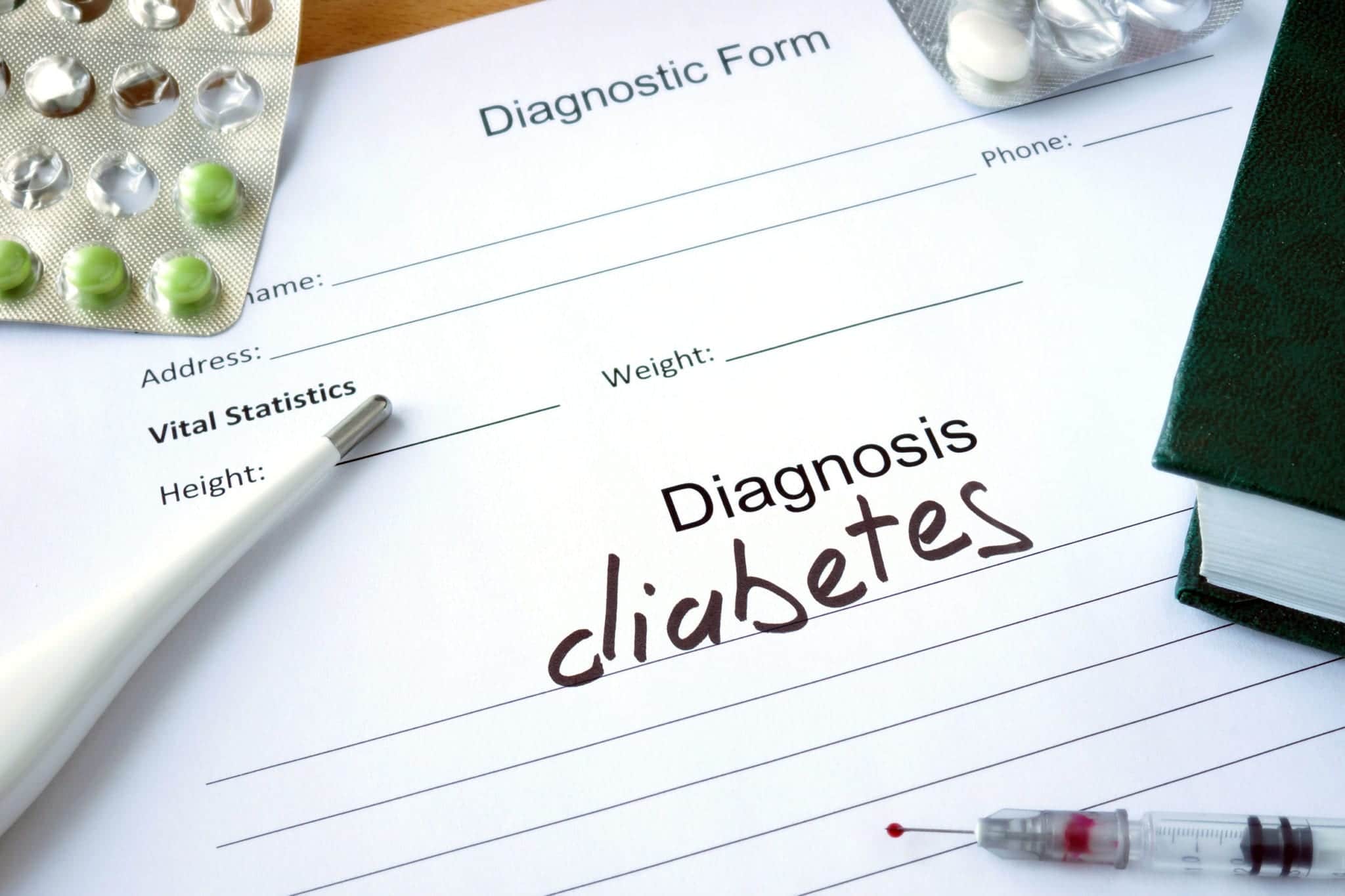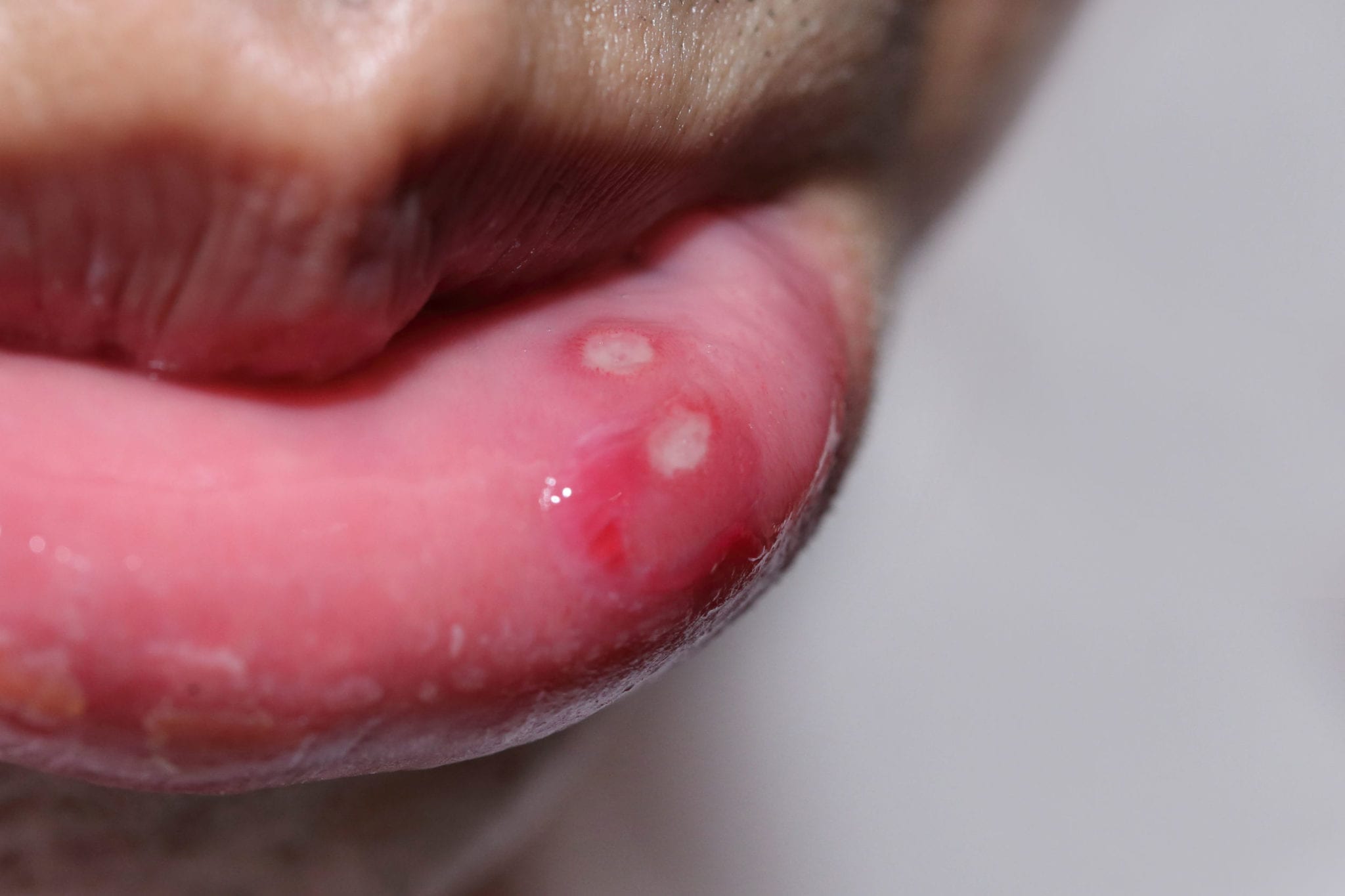
Diabetes is a metabolic disease that is caused by your body’s inability to make or use insulin, a hormone that helps sugar enter the body’s cells so that it can be converted into energy. When people have diabetes, their cells are unable to take up sugar, keeping their bodies from getting the fuel they need and leading to high levels of blood glucose.
Diabetes affects the entire body and leads to many complications… but most people don’t realize that this also includes oral health problems. If you are diabetic, good oral hygiene and regular dental checkups are a must to help prevent oral health issues.
What do you need to watch out for?
Common Dental Problems Associated with Diabetes
Diabetes impairs your body’s ability to fight infection and injury, and also causes persistent inflammation. Together, these factors increase the risk for certain dental problems, especially if you have undiagnosed or uncontrolled diabetes. Some of the most prevalent oral health issues associated with the disease include:
Periodontal Disease
If you have diabetes, you are three to four times more likely to develop periodontal disease. In fact, 22% of people with diabetes will develop periodontal disease during their lifetime. Moreover, periodontal disease is more severe in people with diabetes. Specifically, bone loss, tooth loss, and gum infection are more likely.
Gum disease begins with gingivitis, in which the gums are inflamed and bleed more easily. If left untreated, this can advance to periodontal disease, which can lead to the loss of your teeth – and even your bones.
Your body’s reaction to severe periodontal disease may further impair its ability to regulate blood sugar, in turn worsening your diabetes. It is therefore important to work with your dentist to manage periodontal disease for both your oral and overall health.
Dry Mouth
Dry mouth is one of the most common symptoms of diabetes. The reason behind this is still unknown, but we do know that high blood sugar decreases saliva production. Saliva plays an important role in your oral health, so dry mouth is not only uncomfortable, but also increases the risk of gum disease and tooth decay.
Infections
Diabetes impairs the body’s ability to fight infection. This makes certain oral secondary infections such as thrush more likely, and also contributes to increased risk of gum disease and tooth decay.
Impaired Wound Healing
The mouth has a remarkable ability to heal itself when damaged. The cells lining your gums are some of the fastest-growing in the body, and quickly regenerate when damaged. However, diabetes impairs the body’s ability to heal from wounds, including in the mouth.

This means that when you injure your gums – for example, by eating crunchy foods – these injuries will be slower to heal. You’re also more likely to develop oral ulcers and sores.
How to Overcome Diabetes-Associated Dental Problems
Fortunately, there are several ways to decrease the risk of diabetes-associated dental problems.
Management of Diabetes
Poor control of your blood sugar is what causes complications to develop, including dental problems. Fortunately, there are many ways to manage your diabetes. Your medical care team can help you to develop a diabetes management plan that’s right for you.
You can improve your blood sugar control through lifestyle changes such as avoiding certain foods, eating a proper diet, and exercising regularly. Losing weight and building muscle can also help to manage diabetes. If you take medications for your diabetes or are insulin-dependent, taking these medications regularly and administering insulin as directed will also help in the management of your condition.
Good Oral Home Care
Good home care is the first line of defense against any dental health problems. Your dentist and dental hygienist can advise you of an oral hygiene routine that best meets your needs. Generally, you’ll want to brush twice daily – preferably after meals – floss once daily, and if possible avoid sugary drinks and hard candies.
Regular Dental Checkups
If you have diabetes, it is important to have regular dental checkups, preferably at least twice annually. A knowledgeable south Florida dentist will be able to spot signs of trouble and help you address these problems to nip them in the bud.
It’s also important that your dentist and medical care team work together in order to best manage your diabetes and potential oral complications.
Your dentist should be kept updated on your latest diabetic condition and treatment. If your diabetes has worsened, it will be important to monitor more closely for the development of dental problems, and to step up preventative measures.
Want to learn how we can help? Give our office a call today.






